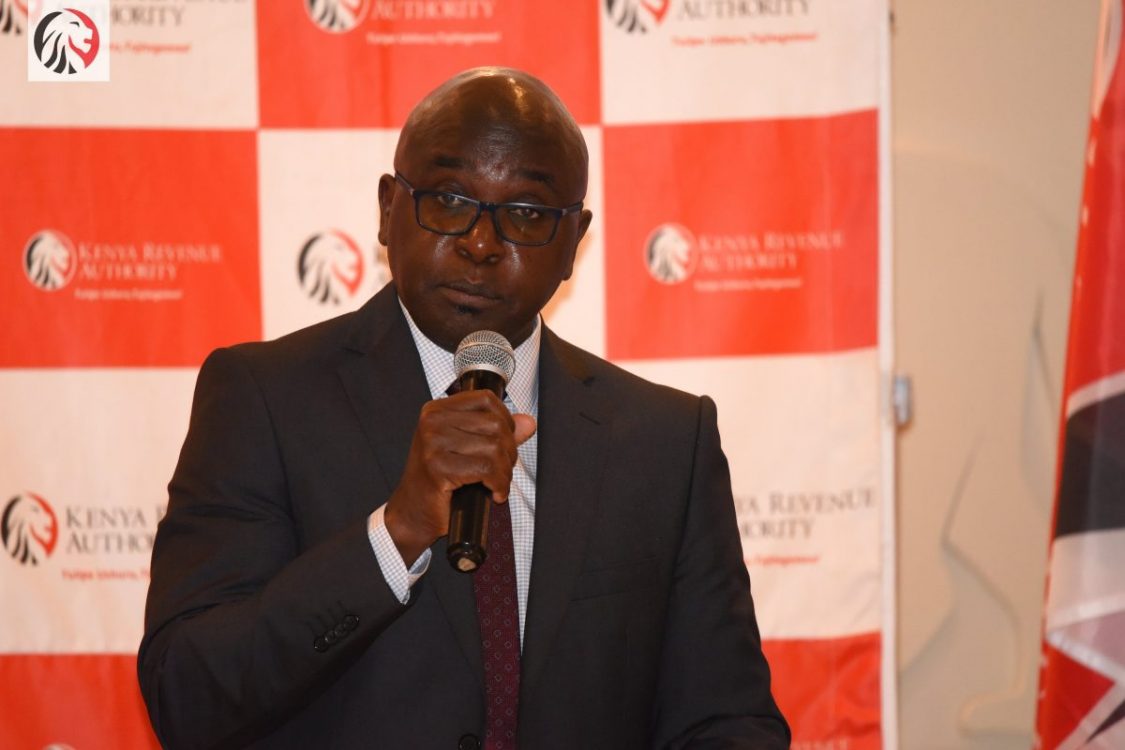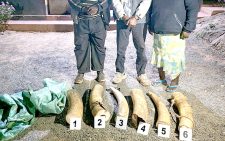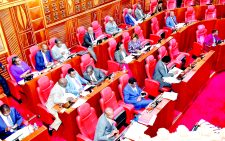Gambling stance signals dishonesty

Many years ago, I had a run-in with health experts when, in the weekly column I used to write, I submitted that alcoholism is not a disease, at least in my world.
Have I changed my mind? Unfortunately, no – and my explanation might be simplistic, and can even be considered pedestrian, but I stick to it.
I was being told that there are individuals with a certain gene that gets triggered when they drink alcohol, and that is how they get the disease called alcoholism.
Meaning thereby, when people do not consume alcohol, this gene remains dormant, and they will never get sick, yeah? So, if alcoholism is a disease, it is the easiest to cure since alcoholics do not need to take any medication, nor do they need to go under the knife to have the offending gene removed. They just have to stop consuming alcohol.
Of course, alcohol can cause diseases that may require surgical procedures, but in itself, at least in my book, alcoholism is not a disease, just like gambling or betting, which certain Kenyans have been condemning for years, and is currently being called a silent epidemic, with the Ministry of Health forming a rapid response team to tackle it.
Those condemning it have been calling for laws to be enacted to further regulate it or ban it altogether. With Afya House—itself a place that needs to be cured of corruption—coming in, the stakes, pun unintended, are higher.
But based on the government’s history of handling such matters, this might just be another knee-jerk reaction to a public outcry over an issue which could have been nipped in the bud, but vested interests within and without the public service had to be protected.
It is laughable, if not sad, that the government is forming a rapid response team to tackle what it calls rising cases of addiction to betting.
Rapid response because it will be notified of a person placing a bet, and law enforcers will rush to stop them, or how will it respond rapidly to someone getting addicted, and what is rapid—minutes, hours, days, weeks, or months?
We all know that the government’s rapid response is an idea whose time will never come, because there is the legendary lethargy and bureaucratic red tape —but at the end of it all, Kenyans will be told about the hundreds of millions of shillings that were spent.
Let’s not forget the government’s Tower of Babel, considering it has started contradicting itself by denying media reports that Kenyans spent Sh766 billion on betting last year.
While the media, quoting government officials, said the situation “is worrying”, another government agency, which controls and licenses betting, gaming and lotteries, said Nah, the figure is sensational and inaccurate, while implying that there is no need to worry.
The chair of that agency accused the media of misleading policymakers and the public, and said the betting industry directly employs over 10,000 Kenyans, supports over 500,000 livelihoods indirectly, and contributes to community projects.
Accusing the media of misleading policymakers is another way of saying there is no policy in the first place, and instead of openly admitting incompetence on their part, they blame an unrelated entity.
The agency also said that this year alone, the betting sector will generate Sh20 billion through excise duty, withholding, and betting and gaming taxes, and added that the figures underscore the popularity of gambling and reflect robust growth (of the industry).
This is a goose that lays the golden egg, according to the State agency, and needs to be nurtured. In other words, killing the betting industry means the end of the golden egg.
At the same time, Afya House is worried sick over the “escalating crisis” of gambling addiction, with the Principal Secretary expressing “deep concerns”, and will support a study to assess the prevalence of gambling addiction, to inform effective responses.
The National Police Service, too, is concerned about the rising cases of gambling-related suicides, mainly in Nairobi’s informal settlements, where they say they collect approximately ten bodies per week, with the number rising to 30 at times.
Ideally, there is no gambling disease or a silent epidemic because the government has all the statistics about the industry, knows how much money it rakes in, and how much it will get because it knows how fast it is growing.
All the talk about deep concerns, worrying situations, and escalating crises is just dishonest takes on a situation that State agencies can rein in but are not willing to—thus, Kenyans dying due to betting are not suffering from any disease but are victims of the government’s incompetence.
The writer is the Managing Editor of the Alliance for Science (AfS). These views are solely his and do not necessarily reflect the position of AfS or its partners.















